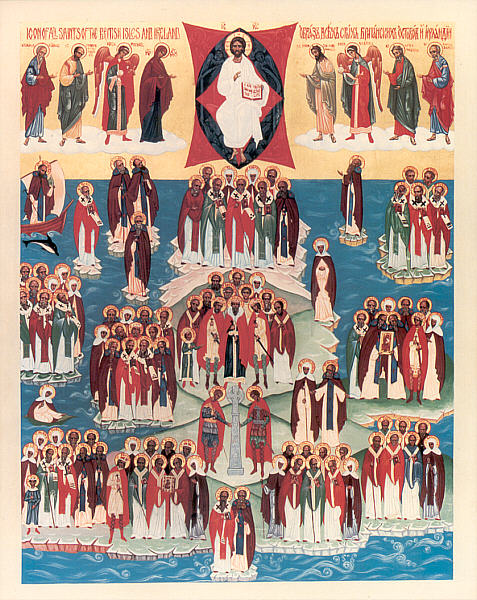This just in (and with a hat tip to Sherry W at Intentional Disciples):
From Oswald Sorbino's blog, Catholic Analysis:
When you blog on Catholic topics, the natural and understandable tendency is to spend a lot of time on what one could call "inside baseball"--arguments about liturgy, Catholic problems, charisms, etc. But, once in a while, it is good to set forth the Good News so that non-Catholic or non-Christian visitors can see what is surely most important: Jesus Saves.sus.
Jesus not only saves; but, as I have heard others say, Jesus loves to save. And "saving" includes healing of all kinds, not just spiritual but also emotional, psychological, and physical. Saving includes healing all wounds, even those from a very long time ago. Saving also includes forgiveness so that one can start again and be born anew from above (if you have already received the Sacrament of Baptism, then it is a matter of activating again the new birth you have already received).
Saving also includes empowering to live in the Holy Spirit in joy and peace. Saving includes the power to do the right thing, not to be crushed by impossible moral ideals that we, on our own, can never meet. Saving also means making us part of the Body of Christ where we can be refreshed with the sacraments, the prayers, and the communion of our fellow Catholics. Saving means we enter a new family united in the joy of praising the Lord Jesus and bound together by a bond that can surpass even biological ties to others.
The formula is basic: repent and believe on the Lord Jesus Christ. But notice that repent is not just regretting this sin or that sin. The Gospel call to repentance, in the original New Testament Greek, has the sense of turning ourselves around, of changing our hearts and minds, of surrendering control to the true Sovereign and Lord. If you are non-Christian, you hand over your life to Jesus and begin instruction for receiving the Sacraments of Initiation (Baptism, Confirmation, and Eucharist). If you are a non-Catholic baptized Christian, you receive instruction to receive the Sacraments of Penance, Confirmation, and the Eucharist. If you are already Catholic, you rededicate your life to Jesus and seek out the Sacrament of Penance, also called the "Sacrament of Conversion." The end result is the happiness that never dies.
Yes, sometimes we have to take a break from all the "inside baseball" and talk about the crucial arena of our lives because the stakes are too high for all of us and because we may forget that many are desperately seeking Je


